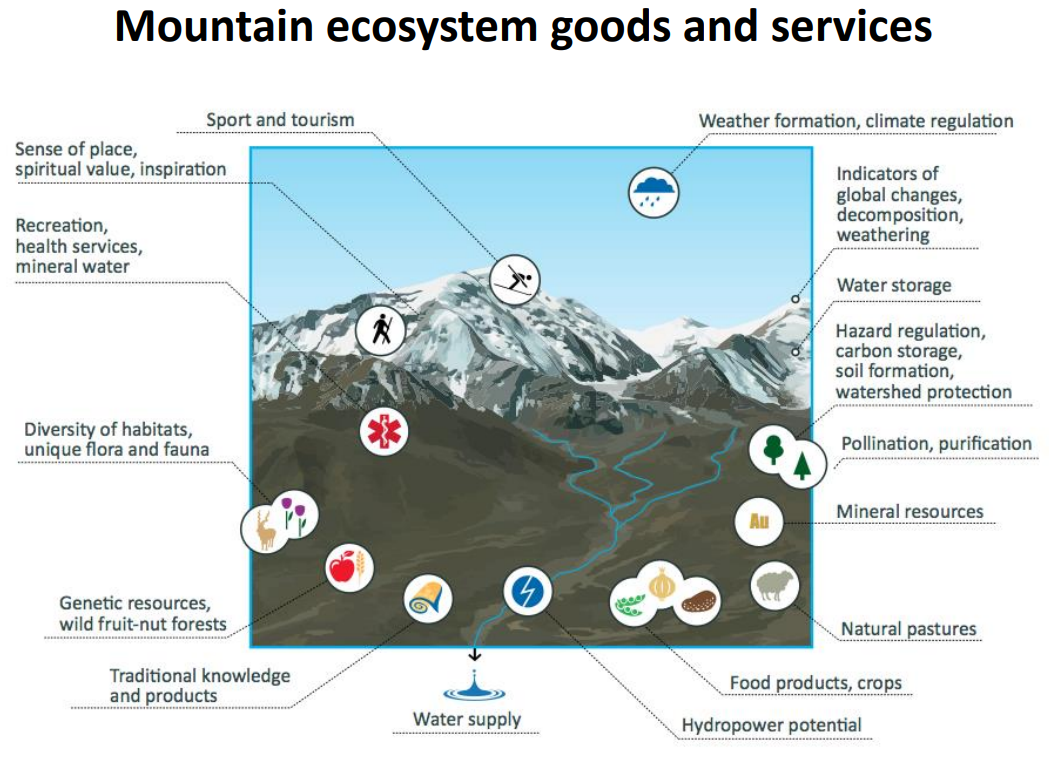
Initial Public Offering
Subscribers of "Current Affairs" course can Download Daily Current Affairs in PDF/DOC
Subscribe to Never Miss an Important Update! Assured Discounts on New Products!
Must Join PMF IAS Telegram Channel & PMF IAS History Telegram Channel
- Context (IE): India has seen an IPO boom recently.
- An IPO is when an unlisted company raises funds by offering shares to the public or new investors.
- Following the IPO, the company is listed on the stock exchange.
|
- The company has to file its offer document with the market regulator, the Securities and Exchange Board of India (Sebi), before releasing an IPO. This document is called the Red Herring document.
|
- If an IPO is an Offer for sale (OFS) by promoters or existing investors, then the money goes to them. E.g, in the case of LIC, the issue was an OFS by the government, and the proceeds went to the GoI
- The per-share price of the public issue is fixed by the issuer in consultation with the merchant banker based on the company’s valuation.
- SEBI has no role in price fixation.
Securities and Exchange Board of India (SEBI)
|
Eligibility for IPO release
- Net tangible assets of at least Rs 3 crore,
- Net worth of Rs 1 crore in each of the preceding three full years,
- Minimum average pre-tax profit of Rs 15 crore in at least three immediately preceding five years.
Categories of investors in IPO
- “Qualified institutional buyers” is a category of investors that includes foreign portfolio investors (FPIs), mutual funds, commercial banks, insurance companies, pension funds, etc.
- Retail investors invest up to Rs 2 lakh in an issue.
- High-net-worth individuals (HNI) are retail investors investing above Rs 2 lakh.
- The minimum age to invest in stocks and hold a demat account is 18 years.
|








![PMF IAS Environment for UPSC 2022-23 [paperback] PMF IAS [Nov 30, 2021]…](https://pmfias.b-cdn.net/wp-content/uploads/2024/04/pmfiasenvironmentforupsc2022-23paperbackpmfiasnov302021.jpg)











